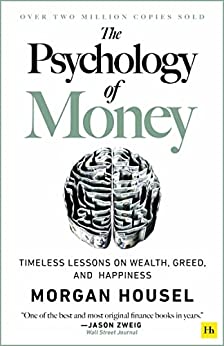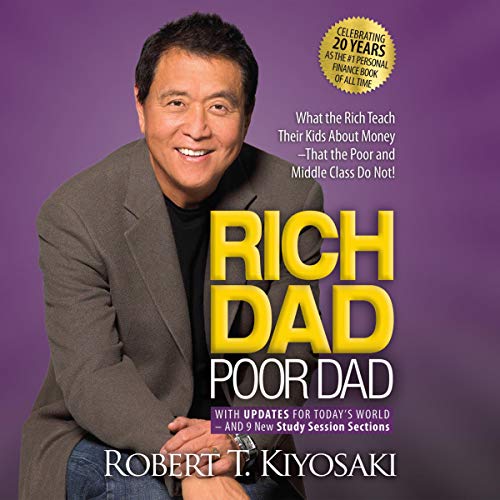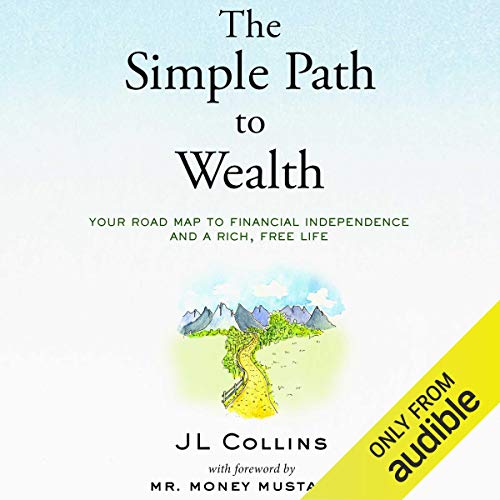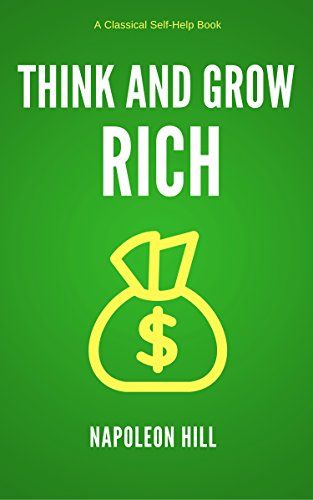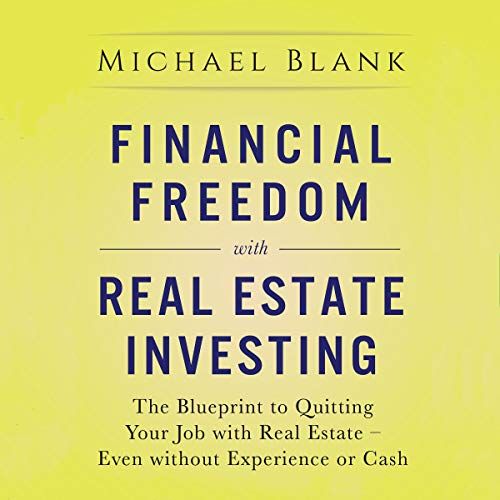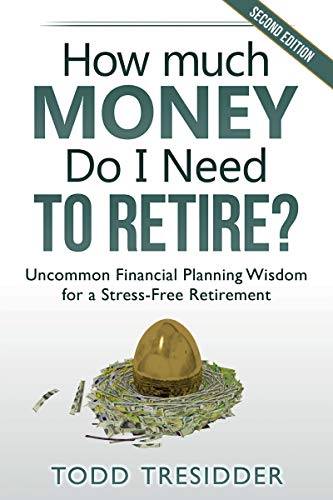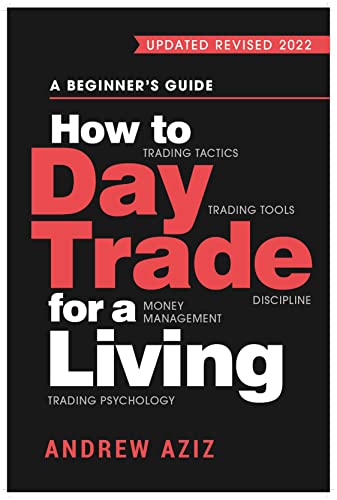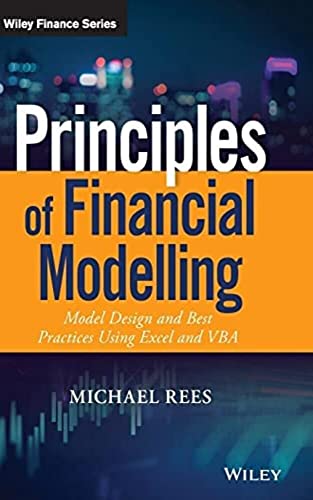No matter where you are in your financial journey, it’s always helpful to have a go-to resource for advice and information. And what better way to learn about money than through financial guide? There are tons of great titles out there on everything from investing to personal finance. But if you’re just getting started, you might not know where to begin. To help you out, we’ve compiled a list of 12 financial guides.
We Independently Review Products
Our goal is to provide honest, comprehensive reviews of products and services. We have strict guidelines in place to ensure that our reviews are independent and unbiased.
Our editors have carefully chosen the products on this page for your consideration. SmartchoiceList may receive commissions or other compensation for purchases made through this page, but this does not influence our unbiased product reviews. Enjoy finding your next favorite thing!
The Intelligent Investor, Rev. Ed: The Definitive Book on Value Investing
The Intelligent Investor, Rev. Ed: The Definitive Book on Value Investing is a book written by Benjamin Graham and published in 1949. The guide is a detailed guide on how to value stocks and other investments, and it is considered to be one of the most important on investing ever written. If you are looking to get started in investing, this is a must-read.
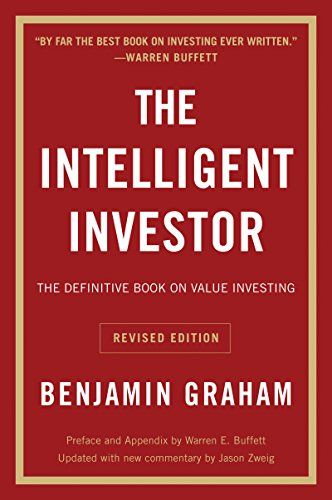
The Intelligent Investor, Rev. Ed: The Definitive Book on Value Investing
A source of financial inspiration
The Psychology of Money
It’s no secret that money can be a major source of stress and anxiety. Whether you’re struggling to make ends meet or you’re trying to save for a big purchase, it’s easy to get caught up in the never-ending cycle of financial worry.
This guide offers timeless lessons on wealth, greed, and happiness. They will teach you how to better manage your money, how to avoid making common financial mistakes, and how to find true fulfillment in life.
Rich Dad Poor Dad by Robert T. Kiyosaki
In his write up, Rich Dad Poor Dad, Robert T. Kiyosaki shares what the rich teach their kids about money that the poor and middle class do not. He argues that the biggest difference between the rich and the poor is their mindset towards money.
The rich view money as a tool to be used to create more wealth, while the poor view money as something to be spent on everyday expenses. The rich understand that money can work for them, while the poor believe that they have to work for money.
The Simple Path to Wealth by J L Collins and Mr. Money Mustache
In his publications, Collins lays out a simple path to wealth that anyone can follow. He shows how to save money effectively, invest it wisely, and live a rich life without spending too much.
With straightforward advice and inspiring stories, Collins shows that it is possible to amass a considerable amount of wealth without sacrificing your health, happiness, or sense of adventure. This guide is an essential road map for anyone who wants to achieve financial independence and live a rich, free life.
Think And Grow Rich by Think and Grow Rich
In his classic 1937, Think and Grow Rich, Napoleon Hill reveals the money-making secrets of hundreds of America's most successful men. This updated edition includes new commentary by Dr. Bob Proctor, one of the world's foremost authorities on success, who has been studying and teaching Hill's work for more than four decades.
Financial Freedom with Real Estate Investing by Michael Blank
If you're looking to achieve financial freedom, real estate investing is a great option - and this blueprint by Michael Blank will show you how to do it, even without experience or cash.
The write up covers everything from basic principles to more advanced strategies, and is packed with actionable advice that can be put into practice immediately.
How Much Money Do I Need to Retire by Todd R. Tresidder
For many of us, retirement planning can feel like a guessing game. We save as much as we can, but we're never quite sure if it's enough. This publication is an essential read for anyone who wants to ensure a stress-free retirement. It offers some uncommon wisdom that can help take the guesswork out of retirement planning.
How to Day Trade for a Living by Dr. Andrew Aziz
If you want to day trade for a living, you need to have a solid understanding of the trading tools and tactics available to you, as well as how to manage your money and stay disciplined. This beginner's guide from Dr. Andrew Aziz will teach you everything you need to know about day trading, including how to pick the right stocks, set up your trading station, and develop a winning mindset.
How to Have Outrageous Financial Abundance In No Time by Francis Jonah
Are you tired of being broke? Do you feel like you'll never get ahead financially? If so, then it's time for a change. It's time to start using biblical principles to create outrageous financial abundance in your life.
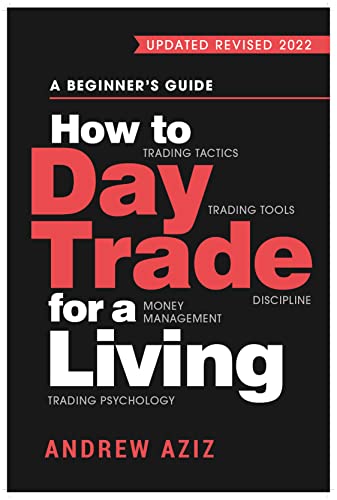
How to Have Outrageous Financial Abundance In No Time by Francis Jonah
An interesting guide
Principles of Financial Modelling
When it comes to financial modelling, there are a few key principles that you need to keep in mind in order to produce an accurate and reliable model. In this section, we will take a look at some of the best practices for model design and development, using both Excel and VBA.
Conclusion
There are a lot of financial books out there, but these are the 12 best ones for beginners. They cover everything from budgeting and saving money to investing and building wealth. If you're serious about getting your finances in order, then these are the guides you need to read.
Frequently Asked questions and Answers
What is the best financial book to read?
There are a lot of great financial books out there that can help beginners get started on the right foot. But if we had to choose just one, we would recommend "The Intelligent Investor" by Benjamin Graham.
This classic book on investing was first published in 1949 and has since been revised several times. It covers everything from the basics of investing to more advanced concepts like portfolio management and risk tolerance.
Graham is considered the father of value investing, and his insights are as relevant today as they were nearly 70 years ago. If you're looking for a comprehensive guide to financial decision-making, "The Intelligent Investor" is a great place to start.
What are the 7 financial skills?
1. How to save money
2. How to budget
3. How to invest
4. How to make money work for you
5. How to protect your assets
6. How to plan for retirement
7. How to deal with debt
What is the best piece of financial advice?
There's no shortage of financial advice out there, but not all of it is good advice. So, what is the best piece of financial advice? It depends on your individual circumstances, but here are a few general pieces of advice that can help you get started on the right foot:
1. Start saving early. The sooner you start saving for retirement, the better off you'll be. Even if you can only save a little bit each month, it will add up over time.
2. Invest in yourself. One of the best investments you can make is in your own education and career development. By investing in yourself, you're increasing your earning potential and setting yourself up for long-term success.
3. Live below your means. It's important to live within your means so that you don't get into debt or end up struggling to make ends meet. When you live below your means, you have more room to save and invest for the future.
4. Have an emergency fund. Things happen - car repairs, medical bills, job loss - and it's important to have some money set aside to cover unexpected expenses. An emergency fund should be enough to cover 3-6 months of living expenses so that you're not left stranded if something happens.
5. Make a budget . . . and stick to it! A budget is a helpful tool to ensure that you're spending wisely and not overspending on unnecessary things. Once you
What book is better than Rich Dad Poor Dad?
There is no one-size-fits-all answer to this question, as the best book for you may vary depending on your personal financial goals and situation. However, some popular books that cover similar topics to Rich Dad Poor Dad include The Millionaire Fastlane by MJ DeMarco, The Total Money Makeover by Dave Ramsey, and The Richest Man in Babylon by George Clason.
Each of these books offers its own unique perspective on financial success, and can help you develop a better understanding of how to make your money work for you. If you're looking for a comprehensive guide to building wealth from scratch, The Millionaire Fastlane is a great option. Alternatively, if you're trying to get out of debt and improve your financial habits, The Total Money Makeover or The Richest Man in Babylon may be more helpful. Ultimately, the best book for you is the one that resonates with your personal circumstances and helps you take actionable steps towards reaching your financial goals.





